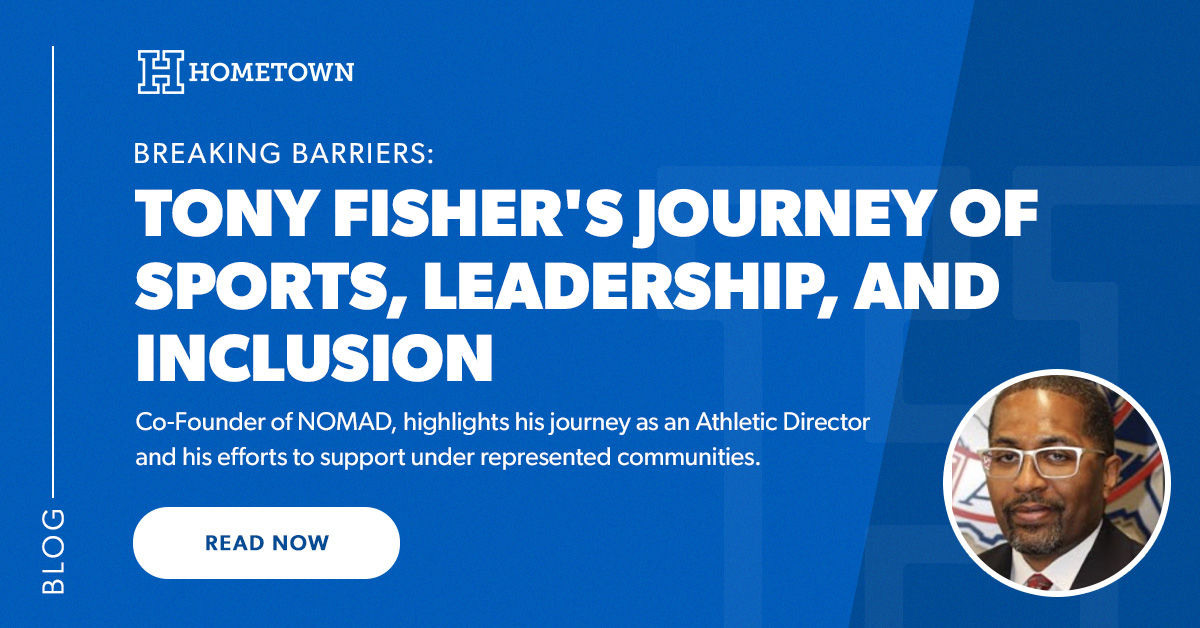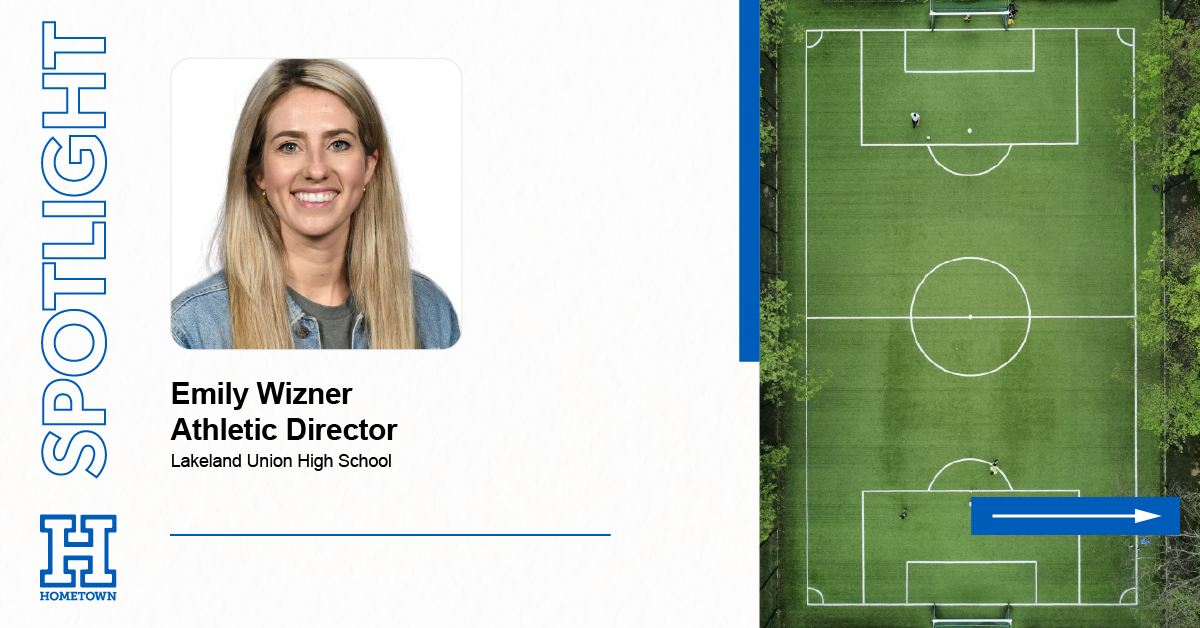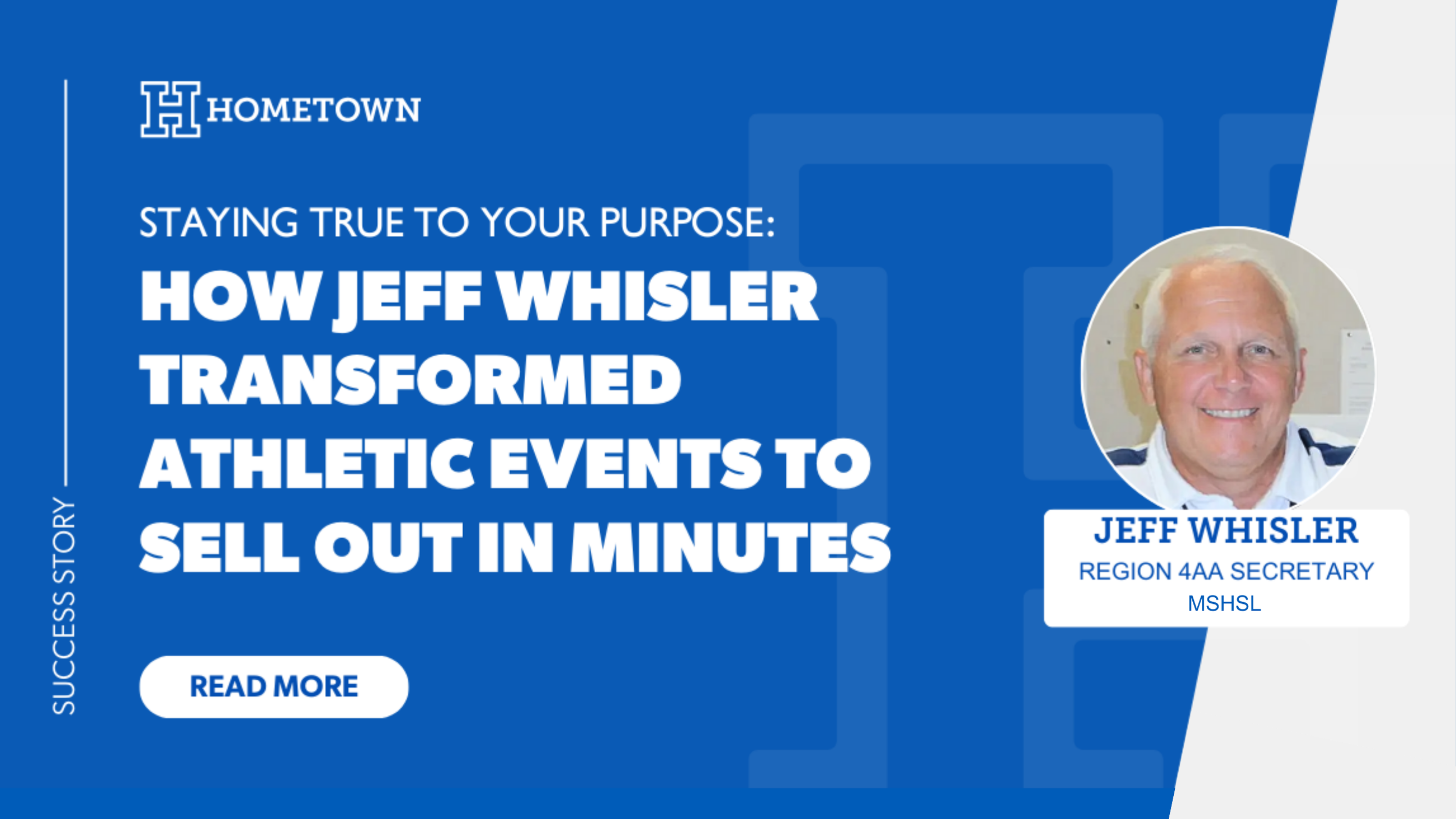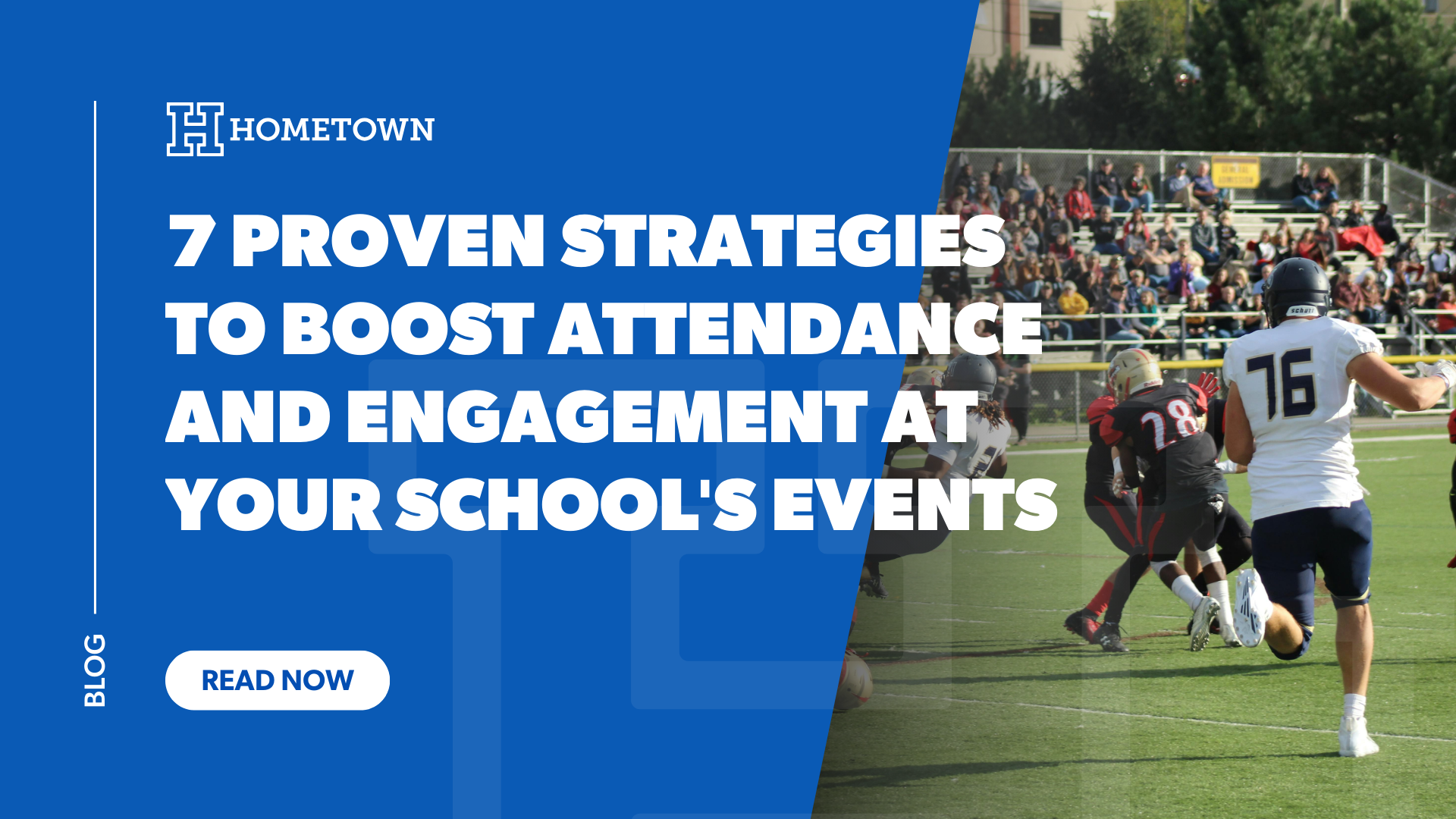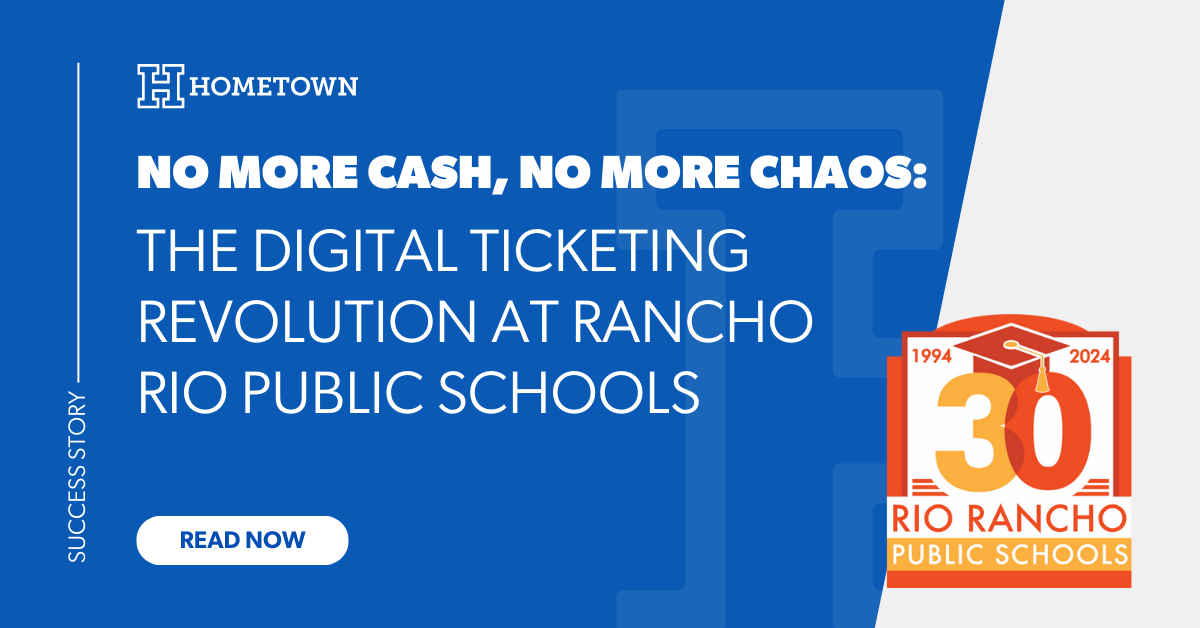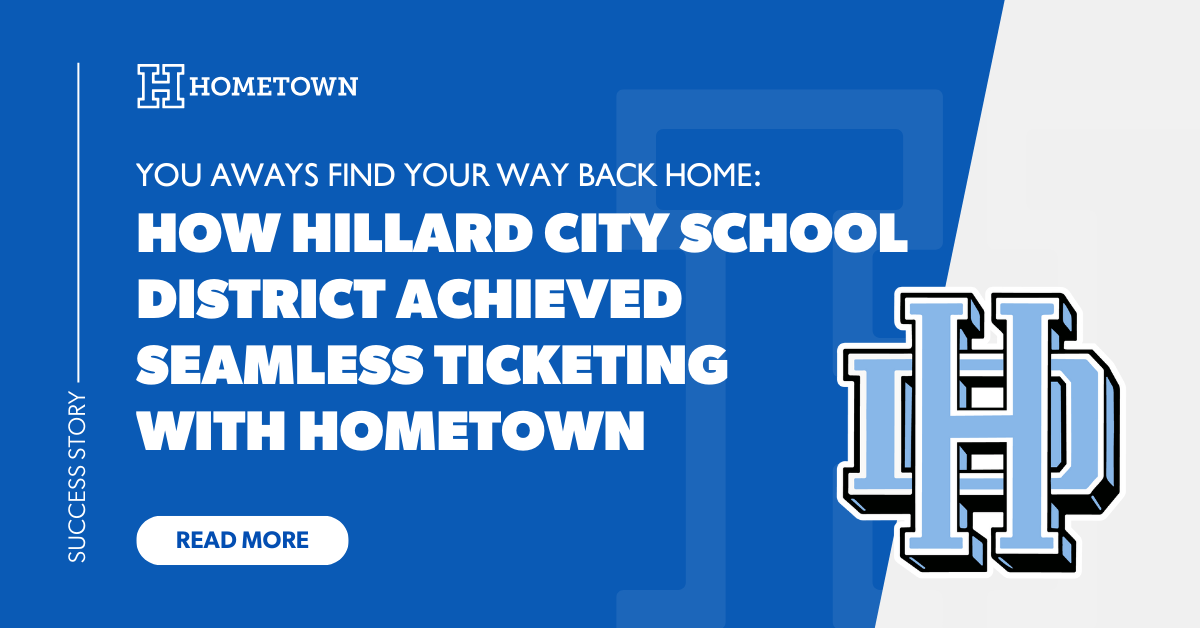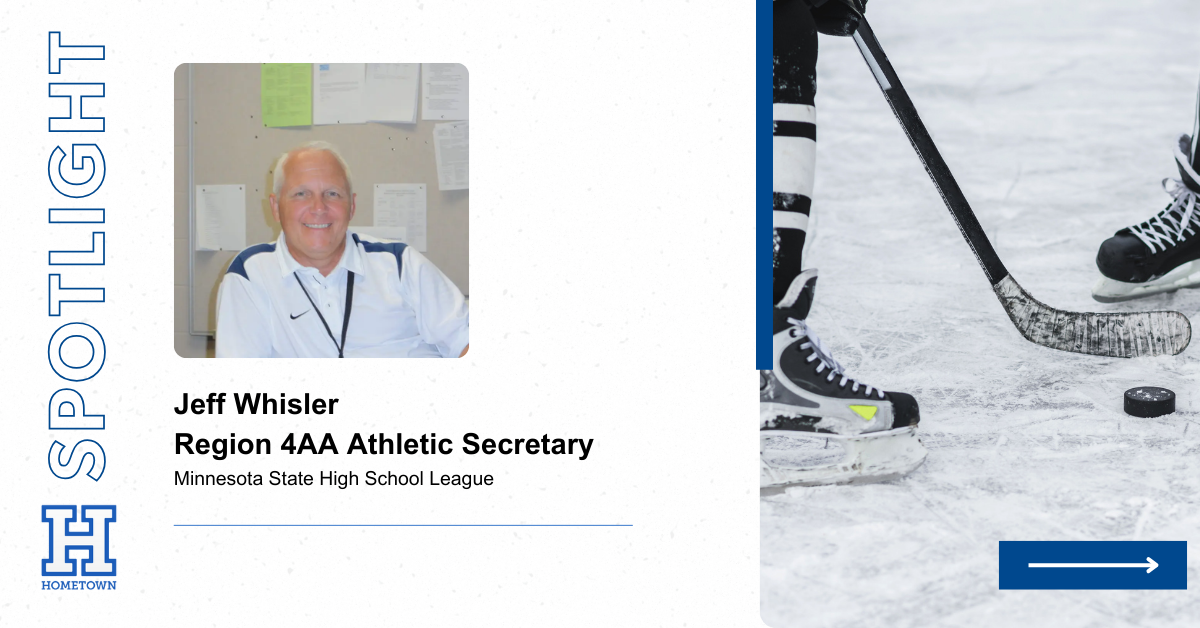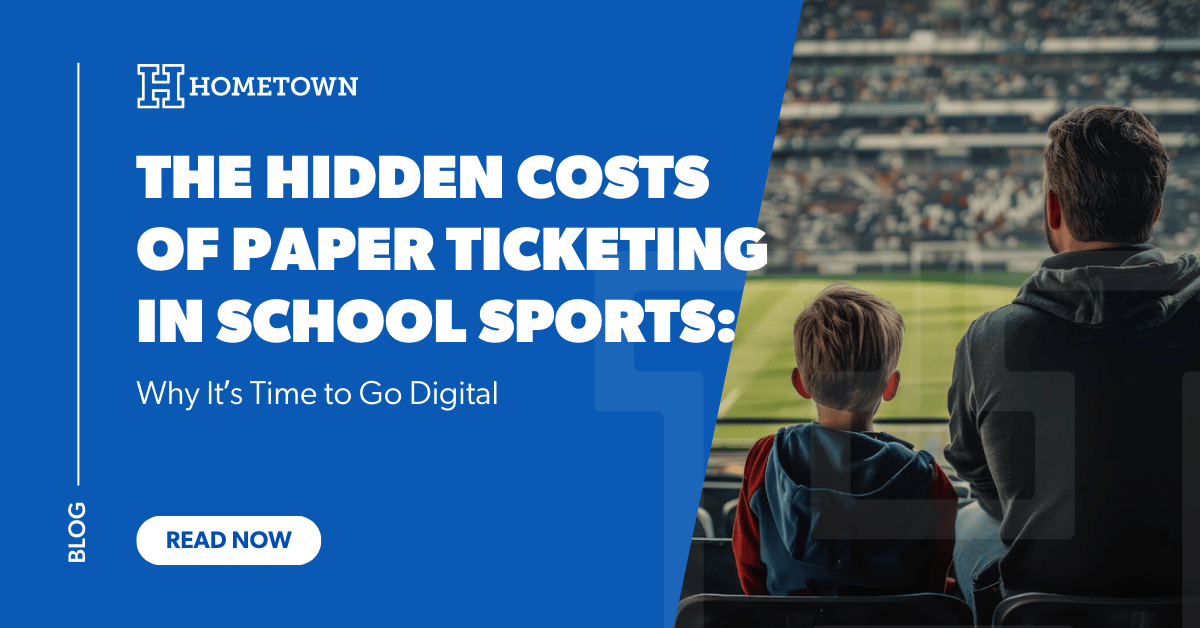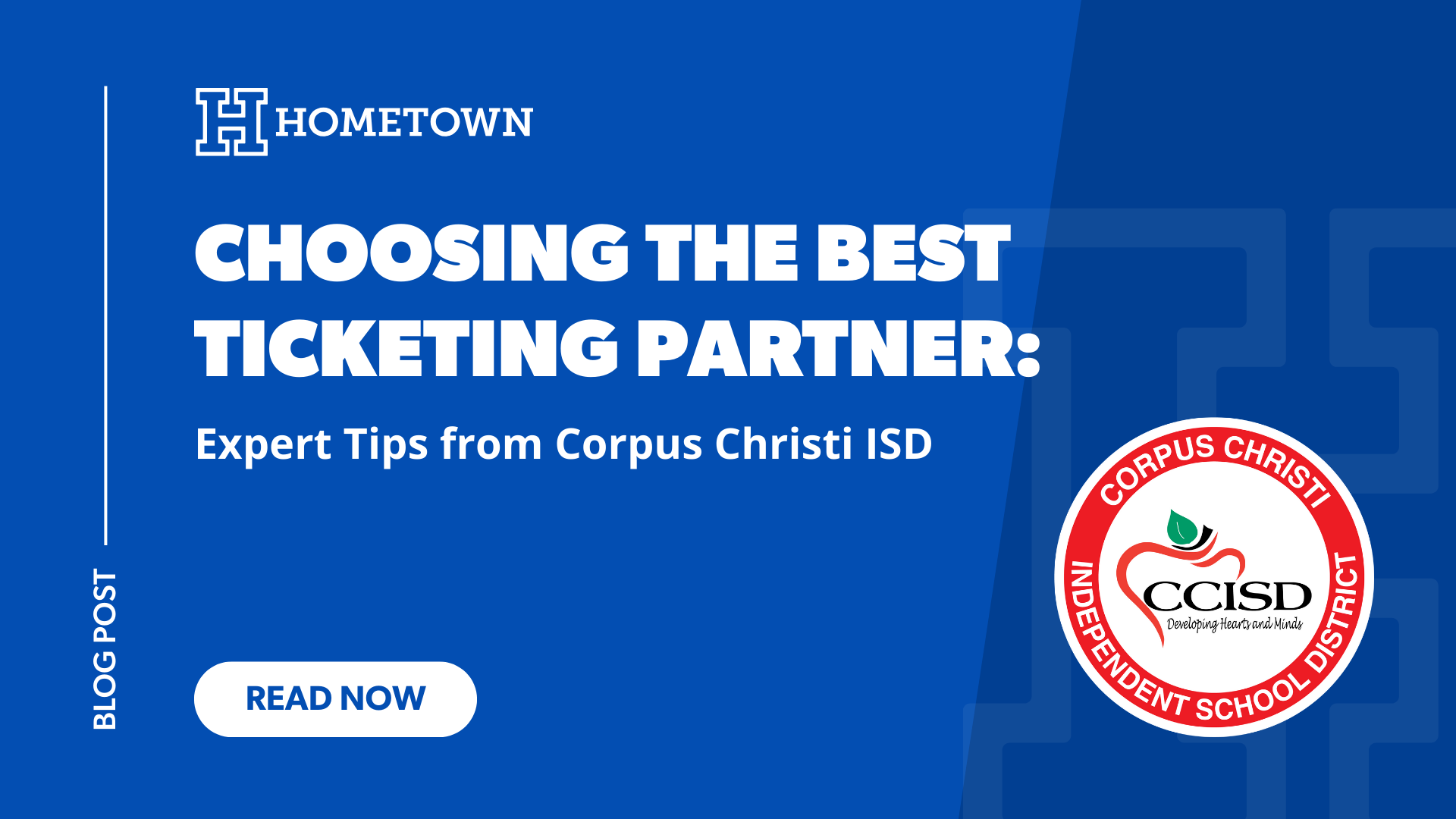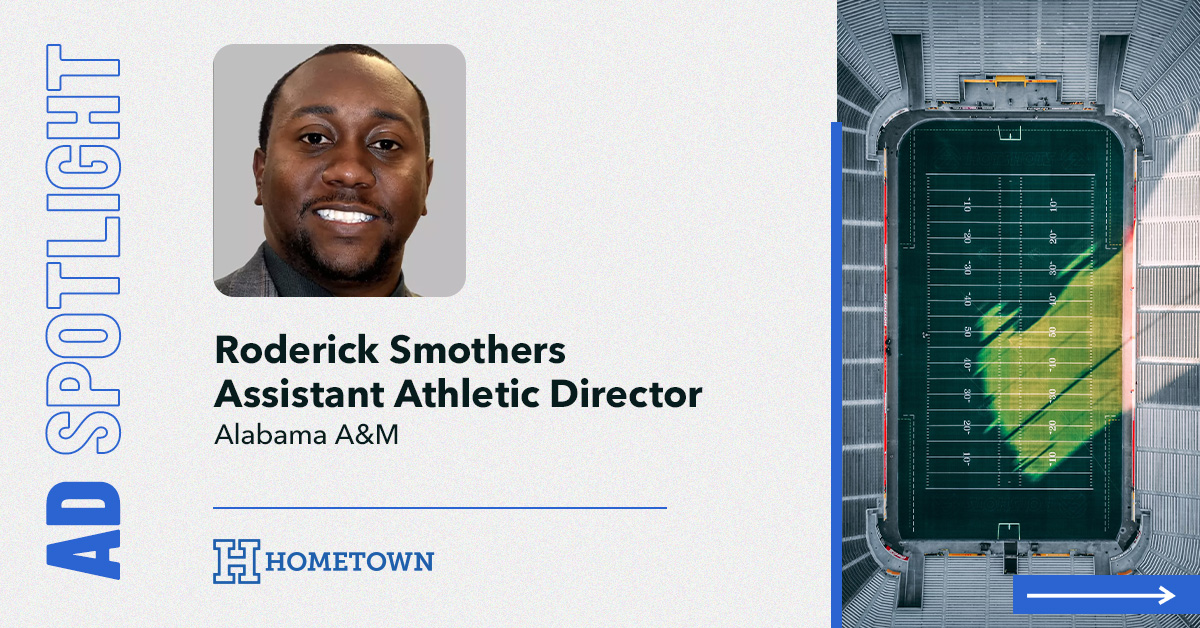From a young age, sports have always been a cornerstone of Tony Fisher’s identity. Growing up in Milwaukee, Wisconsin, a small, young boy with a big love for the game. His dad, a dedicated Milwaukee Bucks fan, had season tickets, and they rarely went to a game without each other. The arena back then, known as The Mecca, wasn’t just a place to watch basketball; it was a magical experience that fueled Tony’s love for sports.
One of the best parts about The Mecca was how accessible the players were. After the games, he would head down to where the players exited the locker rooms, separated from the fans by nothing more than a yellow painted line. He’d eagerly wait, pennant in hand, hoping to snag a high five, a handshake, or even a signature. His goal at every game was to buy a pennant of the visiting team and collect autographs from the players as they walked out.
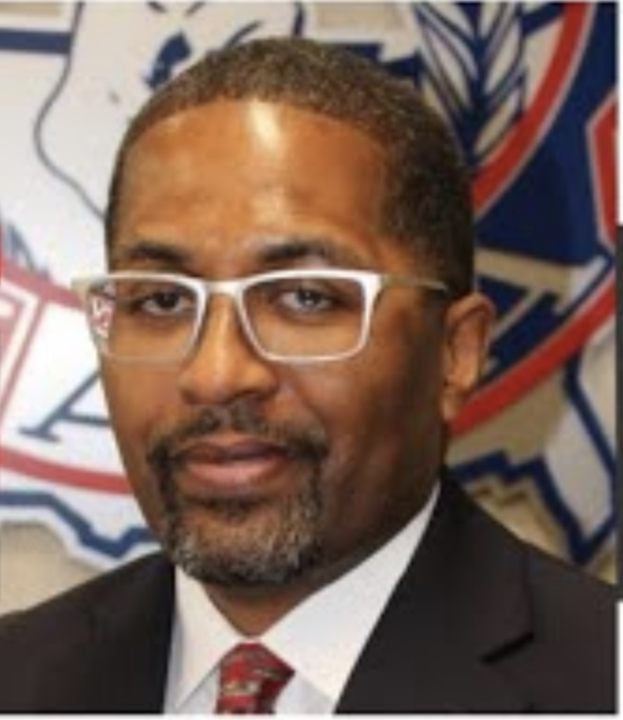
Over time, he built an incredible collection. Larry Bird, Kareem Abdul-Jabbar, and Dr. J, Moses Malone just to name a few. But the most memorable moment of all was when Tony got Michael Jordan’s signature.
“I followed him outside the stadium as he was boarding the bus, looked up at him with wide, hopeful eyes, and asked him to sign my pennant. He paused, already on the bus, and signed it. That moment completed my collection and solidified my love for the game.”
Basketball wasn’t just something he watched; but lived. Tony’s backyard had a basketball court, and even during Wisconsin’s harsh winters, he’d shovel the snow off the driveway and shoot free throws with gloves on.
“Sports became more than a hobby; they became a way of life. They taught me discipline, gave me purpose, and became a source of endless joy.”
After college, Tony’s passion for sports led him to coaching which was inspired by his desire to guide his younger brothers through high school basketball and ensure fair opportunities for them. Hopeful to eliminate the politics players experience and focused on giving talented athletes, regardless of their age, the chance to compete at the highest level. Starting at his alma mater, Milwaukee Lutheran High School, where he could stay connected to the game and inspire young athletes.
“Coaching wasn’t just about teaching skills; it was about passing on the love and life lessons that sports had given me.”
Today, Tony still carries the competitive spirit and love for sports in everything he does. Whether it’s playing, coaching, or simply watching a game, sports remain a vital part of his life. They’ve shaped who he is, taught him resilience, and given him memories he’ll cherish forever. Without sports,Tony isn’t sure where he’d be—and honestly, he wouldn’t want to find out.
“Greatness isn’t just about reaching the pinnacle; it’s about what you do when you get there.”
While as an assistant coach at his alma mater in 1999, Tony’s mission evolved to impact as many young athletes as possible. Over eight years, his coaching extended beyond his brothers, as he built relationships with players from multiple classes. Eventually, he became a head coach and athletic director, leaving a career in graphic design to fully commit to athletics.
Throughout his career, Tony navigated cultural differences and challenges, always focused on fostering success and unity across their teams and programs. His unique background in marketing communication allowed him to bring innovative branding and organizational skills to athletic administration. Tony developed visually appealing templates, maintained up-to-date websites, and implemented branding strategies that impressed colleagues. This meticulous approach led to a leadership role in the Florida Interscholastic Athletic Administrators Association (FIAA), where he served as the marketing and sponsorship chair, securing record-breaking sponsorship funds and designing the organization’s logo and website.
Additionally, as a co-founder of the NOMAD initiative during the aftermath of the George Floyd tragedy, Tony embraced his role in promoting diversity, equity, and inclusion within athletic administration. By leveraging his position and expertise, he worked to make a meaningful difference in addressing social justice issues through sports. This journey exemplifies Tony’s commitment to combining his skills and passion for athletics to create positive, lasting impacts on students and the broader community.
Tony’s involvement with the National Organization of Minority Athletic Directors (NOMAD) first began when he noticed a logo for the Black Athletic Directors Association (BADA) in an email signature. After inquiring, he learned BADA was more of an informal group with untapped potential. Recognizing the need for a formalized organization to support underrepresented athletic administrators, Tony collaborated with others to create NOMAD.
NOMAD’s mission is to close gaps in resources, education, and opportunities for minority athletic administrators. The group focuses on providing tools, networking, and partnerships to level the playing field between underrepresented schools and their suburban counterparts. For example, Tony observed disparities in access to innovations like digital ticketing, which some suburban schools implemented early during the pandemic. NOMAD aims to bridge such gaps by connecting members with knowledge and resources they might not otherwise access, particularly through events like the National Conference.
Additionally, NOMAD was established as a platform to empower and uplift minority athletic administrators, ensuring they can better serve their schools and communities while staying competitive in a rapidly evolving field. With nearly 800 members, the organization demonstrates a clear demand for its initiatives. NOMAD provides resources like webinars, professional development opportunities, and a hospitality suite at the National Conference, where networking and mentorship thrive.
NOMAD offers scholarships for student-athletes of its members, particularly focusing on children of color who often miss out on broader opportunities like scholarships. The NOMAD scholarship application is designed to mirror the NIAAA’s, making it easier for applicants to apply for both. This dual application process doubles the chances for financial support and recognition while emphasizing diversity’s importance in high school athletics.
Furthermore, NOMAD’s mission is to close equity gaps in representation and resources by empowering and educating underrepresented administrators, ensuring their schools and communities thrive through improved access and greater equity. The ultimate goal is to make NOMAD obsolete by achieving equitable representation on committees, boards, and leadership teams proportional to membership demographics. Tony stresses the importance of intentionality—being deliberate in actions to address gaps and fostering difficult but meaningful conversations to drive change. He emphasizes the value of being “comfortable with being uncomfortable” to create genuine progress. Tony contributes his success to the importance of active listening and building empathy through shared experiences. He believes this approach encourages trust and openness, allowing for productive dialogue about sensitive topics.
Through partnerships with organizations like Hometown, aiming to advance NOMAD’s mission of empowering underrepresented athletic administrators and their communities. NOMAD’s strong partnership with Hometown, supports the organization’s commitment to collaboration and inclusivity.
“Hometown values the ability to connect on a personal level with partners and highlights the shared goal of bringing people together by leveraging diverse talents and strengths.”
Tony’s personal philosophy of breaking down barriers for underrepresented groups, while aspiring to be remembered as someone who “kicked down doors” to create easier access and opportunities for others encompasses NOMAD’s vision to ensure others can enter spaces freely, authentically, and without hindrance.
“Thank you for allowing me to share my story and to speak a little bit about NOMAD and our partnership. This is not possible without organizations, such as Hometown.”

